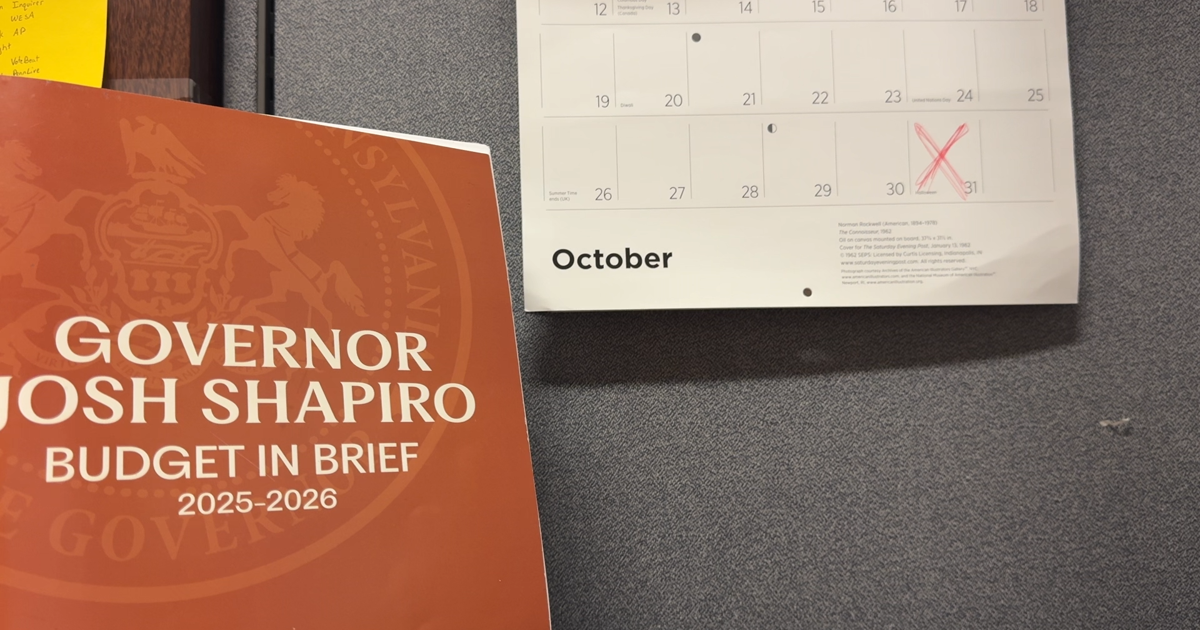At midnight, Pennsylvania’s state budget will officially be four months late.
203 state representatives, 50 senators, and one governor are responsible for passing Pennsylvania’s state budget by June 30th. Now on Oct. 31, Republican lawmakers in the northwest say leaders must continue talks—but fiscal policy should not be compromised.
“The people at the negotiating table, it’s a small number of people,” said. Rep. Brad Roae, a Republican from Crawford County. “But all the other people are pressuring them. Like I’m telling them, don’t agree to spend more money than we’re going to take.”
“I don’t have any problem when people call my office and say ‘what the heck are you doing?’. I’ll tell you what I’m doing—trying to keep your taxes from going up,” said Rep. Jake Banta, an Erie County Republican.
Erie Democrats say their priorities have stayed consistent as the impasse continues.
“Increased funding for education, that we take care of the social services that are needed, and that we take care of working families,” said Rep. Bob Merski, a Democrat who represents Harborcreek and surrounding areas.
Merski says House Democrats have proven willingness to compromise on some spending; and that Republican stubbornness on a final spend number ignores $10 billion in reserves.
“When people say ‘there’s no money’, we’re sitting on money that is your taxpayer money that we could use to get this budget done,” Merski said.
Sen. Michele Brooks, a Republican for Crawford and surrounding counties, says how money is spent this year will impact future years. Republicans remain insistent that one time funds used for recurring expenses will eventually lead to tax increases—not this year, but one or two years in the future.
“We have to be responsible and keep those rainy day funds and keep reserves for actually that— an emergency and a rainy day,” Brooks said.
Besides dollars and cents disagreements, Democratic lawmakers say other factors have contributed to the prolonged impasse.
“A lot of this is political posturing because people know that Governor Shapiro has higher aspirations,” Merski said. “It’s about making the governor look bad going into an election year, next year.”
Republicans have complained that Shapiro is not involved enough in negotiations. This week—leadership met in the governor’s office four days in a row, an indication of progress on budget negotiations.

